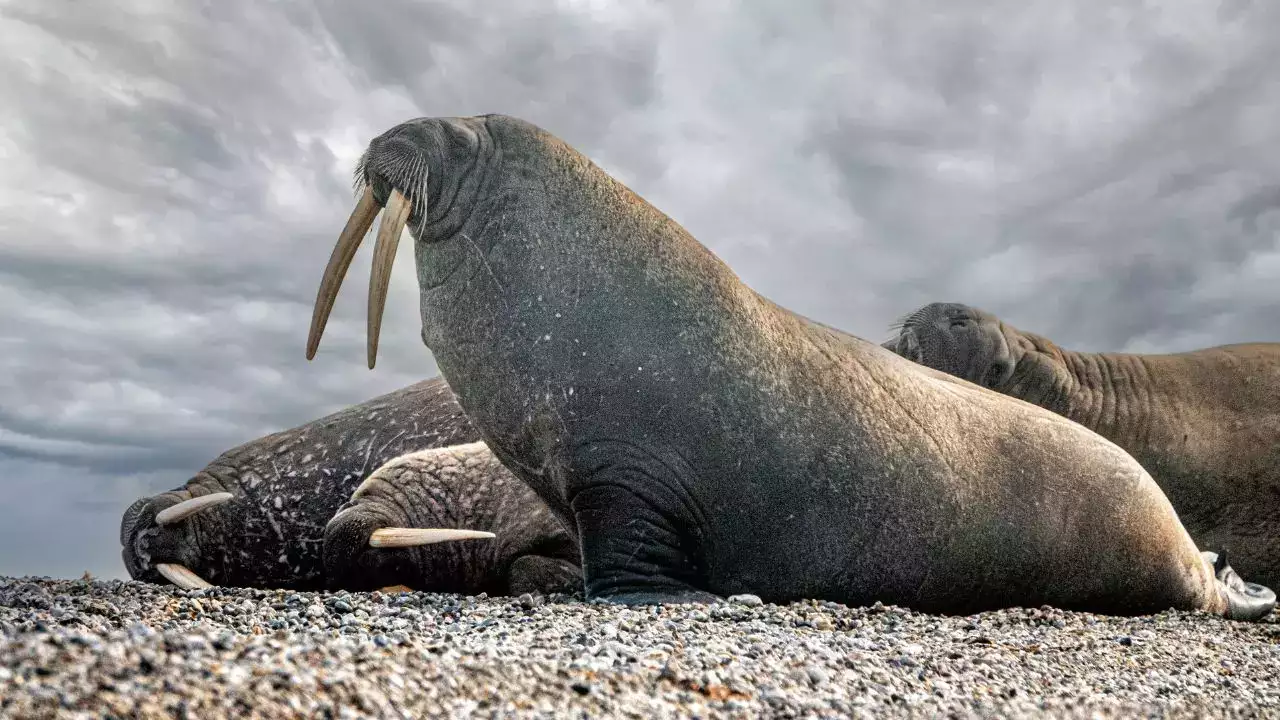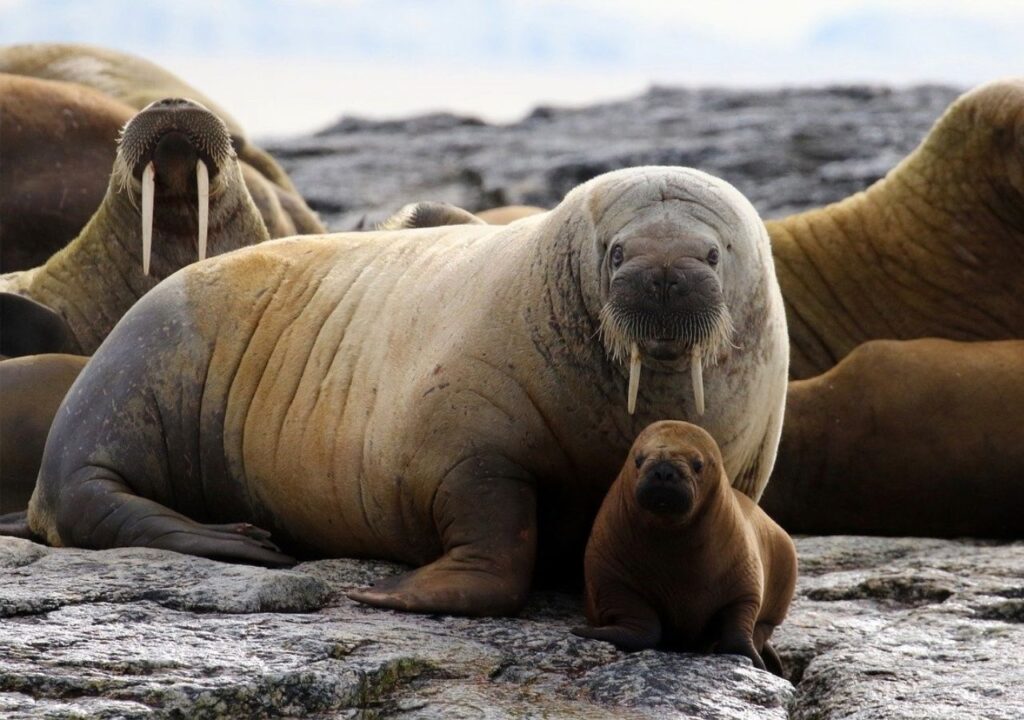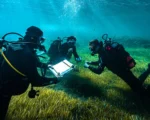Ancient Walrus-Like Mammal Found in Atlantic Reveals New Marine Evolutionary Insights

Ontocetus posti: An Extinct Walrus-Like Mammal Unveils New Perspectives on Marine Evolution
Extinct Walrus-like Mammal Discovered in the Atlantic: A New Chapter in Marine Evolution
Scientists have unveiled a remarkable new chapter in marine mammal history with the discovery of Ontocetus posti, an extinct walrus-like mammal that lived approximately 2.2 million years ago. This groundbreaking find, led by Dr. Mathieu Boisville from the University of Tsukuba, offers profound insights into the evolution of walruses and the influence of environmental shifts on marine life. Fossil remains of Ontocetus posti were discovered in Norwich, UK, and Antwerp, Belgium. Initially misidentified, these fossils have since been recognized for their distinct features, setting Ontocetus posti apart from other marine mammals.
Unveiling Evolutionary Clues
The Ontocetus posti reveals intriguing evolutionary traits that shed light on its ecological niche. The fossilized remains show four post-canine teeth, a notably larger lower canine, and a short, fused mandibular symphysis. These characteristics suggest that Ontocetus posti was adapted for suction feeding, similar to the modern walrus. Dr. Boisville emphasizes that this discovery highlights a case of convergent evolution, where unrelated species develop similar traits in response to analogous environmental pressures, offering a snapshot of how species adapt to their ecological contexts.
Migration Patterns and Adaptation
The geographical distribution of Ontocetus posti offers a glimpse into ancient migratory patterns. Evidence suggests that Ontocetus originally inhabited the North Pacific Ocean before migrating to the North Atlantic through the Central American Seaway, an oceanic corridor that has since closed. The cooling climate and the eventual closure of this seaway during the Late Pliocene likely contributed to the extinction of Ontocetus posti by the Early Pleistocene. This extinction event cleared the path for the modern walrus (Odobenus rosmarus), which now thrives in the Arctic, illustrating the dynamic interplay between climate change and species evolution.
Significance of the Discovery
The identification of Ontocetus posti is a significant advancement in our understanding of walrus evolution and the broader impact of climatic changes on marine ecosystems. By examining extinct species like Ontocetus posti, scientists gain valuable insights into how historical climate fluctuations have shaped marine mammal evolution. This knowledge is crucial for predicting how current and future climate changes may influence marine life, guiding conservation efforts for extant species. The study of such fossils enriches our comprehension of evolutionary processes and informs strategies to address the challenges faced by modern marine mammals.
A Window into the Past
Ontocetus posti’s discovery not only enhances our knowledge of marine mammal history but also underscores the importance of continued paleontological research. By piecing together the puzzle of extinct species and their environments, researchers can better understand the evolutionary trajectories of living species and the resilience of marine ecosystems in the face of environmental change. As we advance our knowledge of ancient life forms, we gain critical perspectives on the ongoing evolution of marine life and the challenges it faces today






















